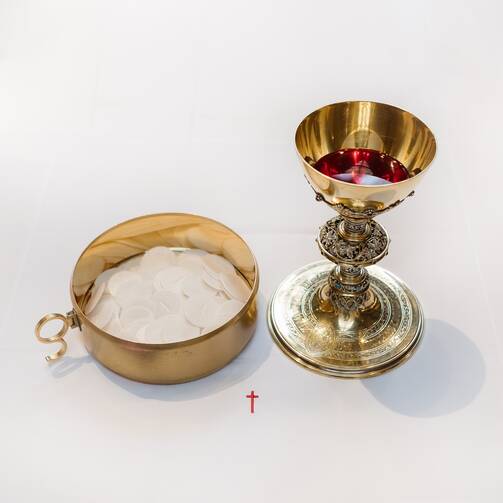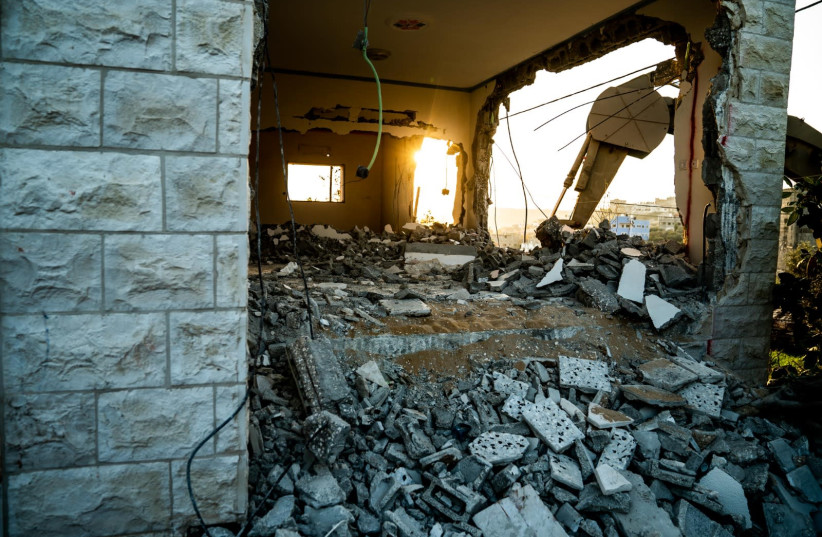نصيحتي للمسيحيين الشرقيين: حرروا عقولكم من اغلال و سلاسل الدين و التدين و التزمت. يسوع الناصري لم يكن الله، الثالوث عقيدة متناقضة، و الكتاب المقدس مليئ باخطاء تاريخية و اوامر غير أخلاقية و قصص خرافية. هذا ليس رأيي فحسب، و إنما رأي معظم مؤرخي و علماء المسيحية الباكرة و اليهودية. هذا رأي معظم أساتذة هذين الدينين في أرقى جامعات العالم. المسيحيون الشرقيون اكثر متمسكين بالدين من زملائهم الغربيين فقط لأنهم عاشوا تحت الظل و الاظتهاد الإسلامي في الشرق الأوسط. بسبب الاظتهاد ألمؤسف و الشرير الذي مروا به صار عندهم ردة فعل و تماسكوا بهويتهم كمسيحيين بشدة. هذا التمسك شيء طبيعي - الإنسان قبلي بطبيعيته. ولكن في نهاية المطاف المعتقدات بالأساطير تبقى أساطير، بغض النظر ان كيفية نشؤها.
انا لست مثالي و اعلم يقينا و ادري يقينا ان هذا التحرر لن يأتي بدون ثمن باهض و يطلب الشجاعة ممن تجرأ ان يسلك هذا المسلك المؤلم. و هذا لأن الدين يعطي امل في هذه الحياة الغدارة، امل ان "الي فات و مات" ربما يرجع يوم من الايام، امل ان الصلاة ربما تشفي احباءنا من الأمراض الخبيثة القاتلة، و أمل أن اذا لا توجد عدالة في ارضنا العشوائي، و فعلا لا توجد على الأرض، فسوف توجد بالآخرة. فالدين أفيون الشعوب في وسط دنيا تخلو من قلب اصلا. و كما يعلم كل مدمن، التحرر من الإدمان ليس سهلا. ولكن علينا فرض، يا أيها الاحباء، ان نمسك ايدي بعضنا بعضا و نواجه الحياة كما هي، و ليس كما نؤدها ان تكون. و الحياة كما هي، و ليس كما نؤدها ان تكون، هي ان تم قمع و دعس و قتل يسوع الناصري و..... خلاص - انتهت قصته. الي فات مات. يسوع الناصري لم يقم من بين الأموات. و انا و انتم، لو عشنا عمر طويل، سوف نموت خنقا من امخاطنا و خلاص. لا أحد يعلم اذا توجد آخرة فعلا او لا، لا البابا و لا شيخ الأزهر و لا الدالي لاما. فلنحرر أنفسنا من الأساطير حتى نقدم للناس حلولا حقيقية لمشاكلهم و محنم الأرضية، و ليس الصلاة ليسوع الميت التي لا تنفع بشيء و الذي بعمرها ما حررت وطنا.





